Following another tragic massacre in the US, the issue of violent video games has once again emerged as a heated debate.
Neither side can see eye-to-eye on this issue, of course, and the usual arguments have been rolled out; the games industry insists that science proves them right. Concerned parents and lobbyists point to the mass of hyperviolent games and are baffled how anyone could suggest that this is a healthy industry.
The great secret here is that both sides are perfectly justified in their positions, and perhaps this is why it’s impossible to come to an accord. For the games industry, the scientific research is a shield; there is simply no evidence to corroalate violent behaviour with game playing habits. However it’s immensely unfair to the other side to dismiss their concerns – one look at E3 from last year is enough to prove that the games industry is also not all that concerned with promoting healthy attitudes within society.
To outsiders, games are at best entertainment and at worst the kind of cynical money-making machine that turns children into mass murderers. The games industry is not the first industry to face this kind of criticism – everything from film to literature to music has been accused of achieving nothing more than corrupting the youth at various points in history. Each of of those industries have been absolved of the crimes as the global community has woken up to their legitimacy as art.
I personally call it the Footloose effect (the Kevin Bacon original. Don’t ever mention that travesty of a remake to me). For the one or two of you out there who has never seen that film – see it. It tracks the story of a young man who moves to a town where dancing is banned on account of the “bad” influence it has on the youth. Of course, dancing wasn’t really to blame for the issues of the town’s youth, but it was only after the young man was able to convince the town elders of the value of dance as a means of youth expression – and that the positive impact that the dancing had outweighed the potential risks – that the ban was lifted.
Literature, film and music have all been able to convince the “elders” of their legitimacy as art forms (means of expression). By doing that they have all been granted protected status by the vast majority of society. Each can still be a problem – that’s why the occasional book is still sold in a plastic wrapper, that’s why there’s a film age classification system – but the artistic value of these texts is considered to outweigh the bad.
Perception is the key here. The typical person reading Digitally Downloaded would realise that the games industry is exactly the same as those other industries. Anyone who has played Journey or To The Moon realises that games can lift a person’s spirit or reduce them to tears. Anyone who has played Spec Ops: The Line realises that games can challenge players on a moral and intellectual level. Anyone who has played Lollipop Chainsaw realises that games are now starting to question themselves; the ultimate postmodernist attitude that means games have to be art – there’s no other way to describe them.
The problem is that the games industry has dug itself into a hole whereby it cannot point these games out to the “elders.” The games industry is so insistent that games have no impact on the audience whatsoever (because science says so) that it can hardly point to Journey and say “look at the positive emotional impact this game has on audiences.” That would be an admission of defeat; if a game can have a positive emotional impact on a player, then logically speaking other games can have negative impacts.
So here’s the dangerous idea I’m going to suggest; it’s time for the games industry to admit that it can be dangerous. Just like film can be dangerous. Just like a serial killer might own some particularly nasty books, it’s time for the games industry to mature and admit that it’s a part of the world. In other words; it’s time for the games industry to admit that it is making art, and art is sometimes associated with bad things happening in the world. And that this is, on balance, a good thing because the games industry will also inspire some of the greatest thinkers over the next couple of hundred years.
That’s not to say that games need to be censored. In fact, as art the very idea of censorship is reprehensible to many people, and the games industry would suddenly find itself with new allies the moment a politician suggested censoring games. But what it is to say is that the games industry needs to start acting far more responsibly as an industry producing art. Retailers need to stop selling Call of Duty to 10 year olds. The games industry needs to work far more actively with the non-gaming community to build awareness about both the positive and negative impacts games can have.
And above all, the industry needs to stop pretending that it’s not important. No one is being fooled by that line of argument any more, so it’s time for a new strategy.



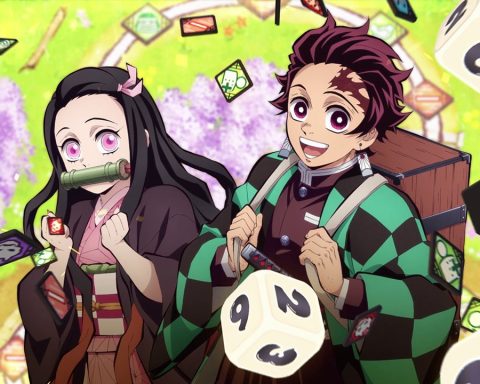
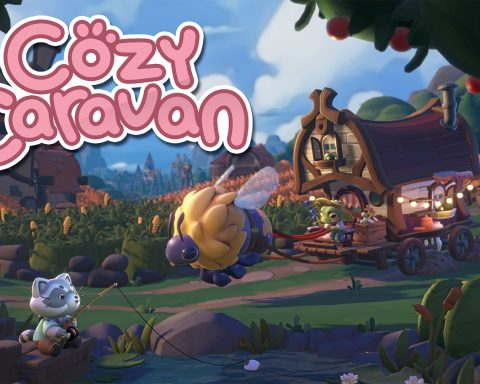
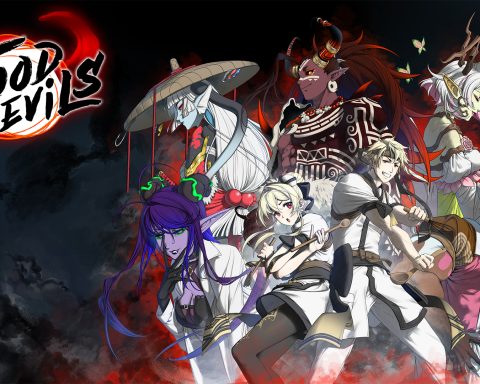
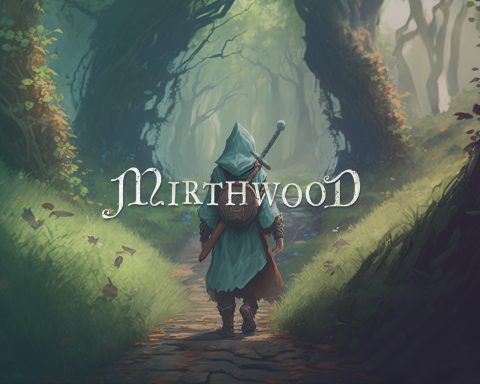
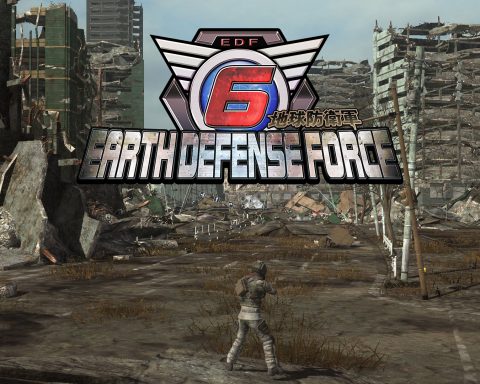
Matt, this is why I've always enjoyed your work so much – you spin things in ways that literally spins my own thought-lines around in circles. Needless to say, I completely agree with everything you've written here.
Can't wait for the footloose 2 arcade dance machine coming out by us gold
first off RIP to all the children and teachers who died in the new town shooting…now onto this story i agree with you all the way and it was a great read! games like anything else can have a affect on people both good and bad take someone mentally unstable and give them a violent game, movie, or tv show and they may act out what they see. i think parents also need to stop buying M rated games for ten year olds and even 5 year olds its sometimes the stores falt for selling games to underage kids but most the time the parent will buy it for there kid. you add all these things together and thats a problem but definitely dont censer games its bad enough that alot of games never come out of japan due to some of the content in them. anyway great job Matt